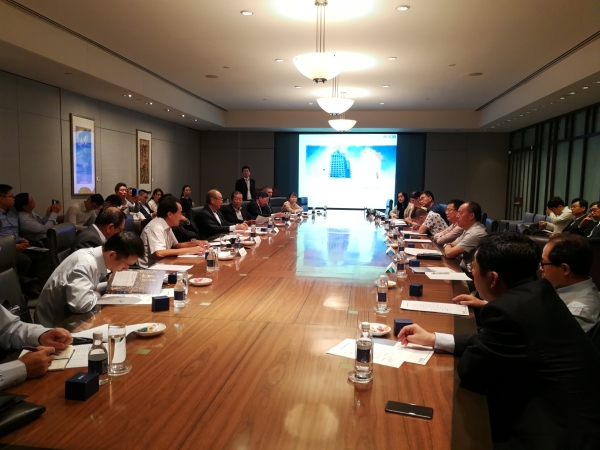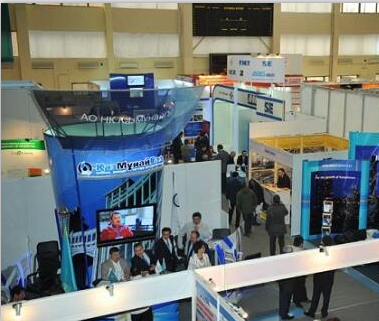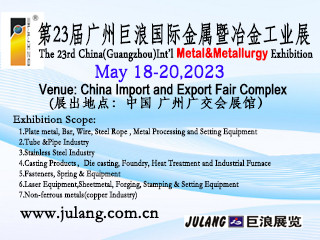Representatives from academia, industry organizations, financial institutions and pilot cities gathered at Tsinghua University on May 23 to explore the opportunities and challenges in the emerging field of autonomous driving for trunk logistics.
The closed-door seminar marked the release of the Autonomous Driving Trunk Logistics Commercial Report, the country's first domestic industry report focused on the sector. The report was jointly produced by Tsinghua University's National Key Laboratory of Intelligent Green Vehicles and Transport, the Western Science City Intelligent and Connected Vehicle Innovation Center, and Zhongguancun Technology Leasing Co.
The report underscores that autonomous trunk logistics is at a strategic turning point, transitioning from pilot validation to small-scale commercial deployment. This shift is being driven by coordinated progress across four key areas: technology and cost, business models, market adoption and policy frameworks.
Li Keqiang, an academician with the Chinese Academy of Engineering and professor at Tsinghua University's School of Vehicle and Mobility, said the development of intelligent vehicles and transportation systems will reshape industrial and value chains, significantly changing how people travel and use products.
Zhao Xiangmo, president of Xi'an University of Architecture and Technology, stressed the importance of collective efforts to overcome the challenges of scaling autonomous driving technology in trunk logistics. He called for collaboration among government, industry, academia and financial institutions to build a deeply integrated ecosystem.
At the seminar, Wei Junqing, CEO of autonomous trucking firm KargoBot, presented on the company's approach in a talk titled "Application Practices in Autonomous Driving for Trunk Logistics: A New Paradigm of Autonomous Trucking with Vehicle-Road-Cloud Integration."
Wei said KargoBot has developed an L4 hybrid intelligent convoy solution, featuring one lead vehicle with a driver followed by multiple autonomous trucks. This model could reduce labor costs by up to 83 percent and energy costs by 10 percent, while vehicle-to-vehicle communication enhances reliability and adaptability across scenarios.
In regions such as Ordos in the Inner Mongolia autonomous region, KargoBot has successfully deployed its solution for short-, mid- and long-haul road freight, creating a closed loop from technology to commercialization.
To date, the company has surpassed 20 million kilometers of L4 autonomous convoy operations and transported 200 million ton-kilometers of bulk commodities using L4 autonomous trucks. KargoBot is the first in the industry to achieve more than 100 million ton-kilometers of safe operational validation for L4 vehicles — a milestone that suggests platooning freight based on L4 autonomous driving is a promising path toward commercial viability in vehicle-road-cloud integration.









